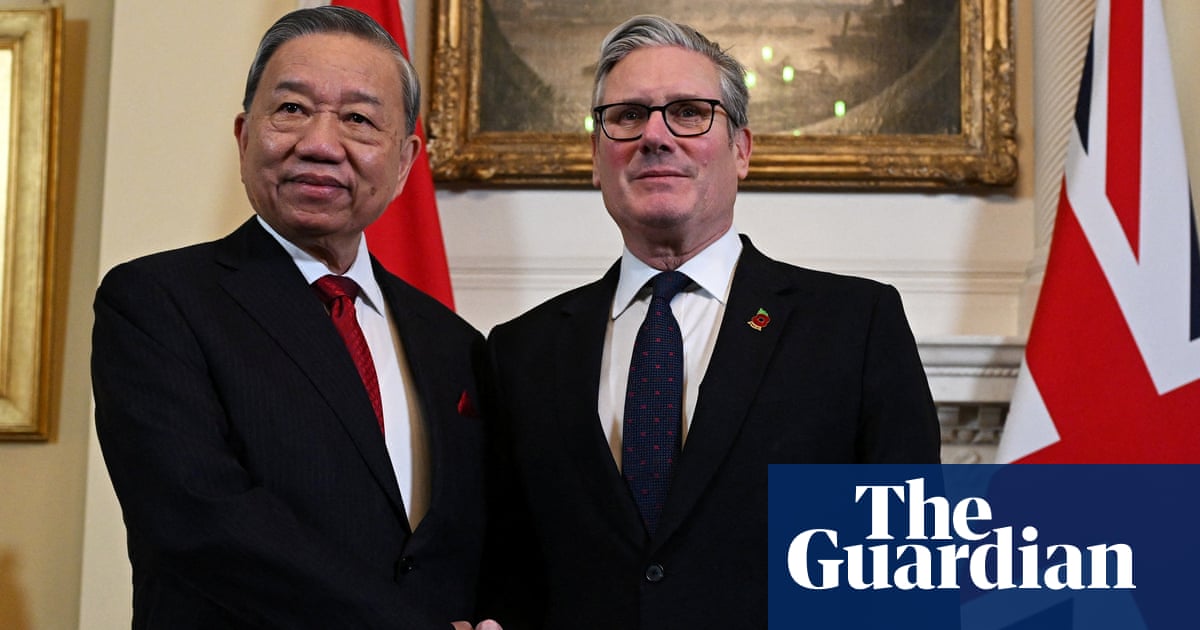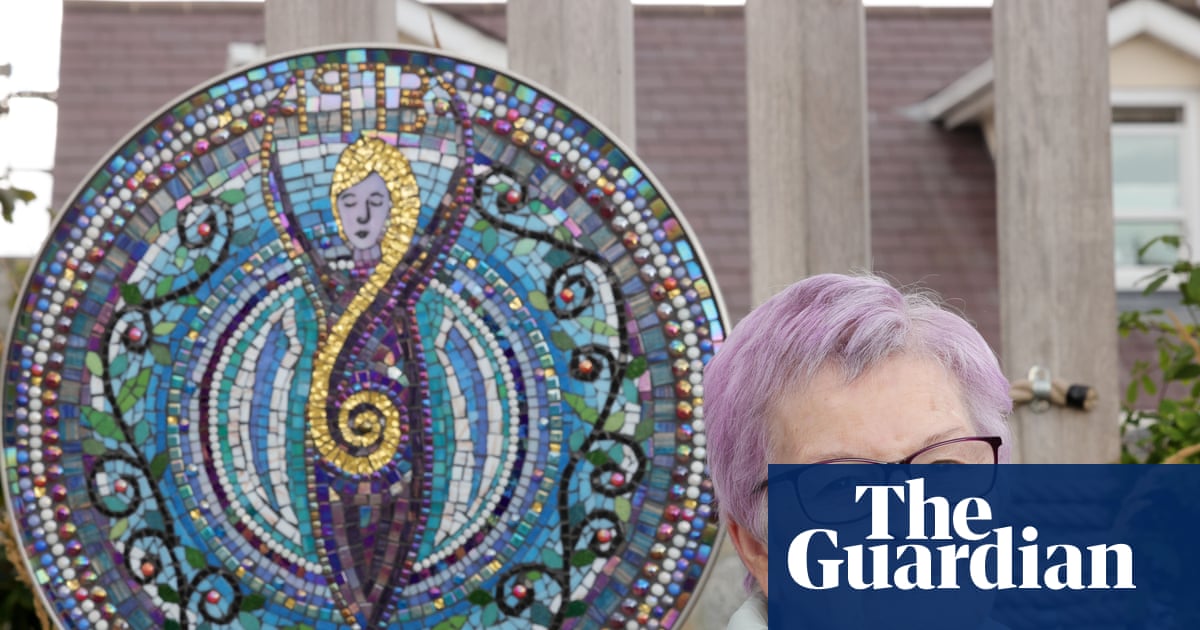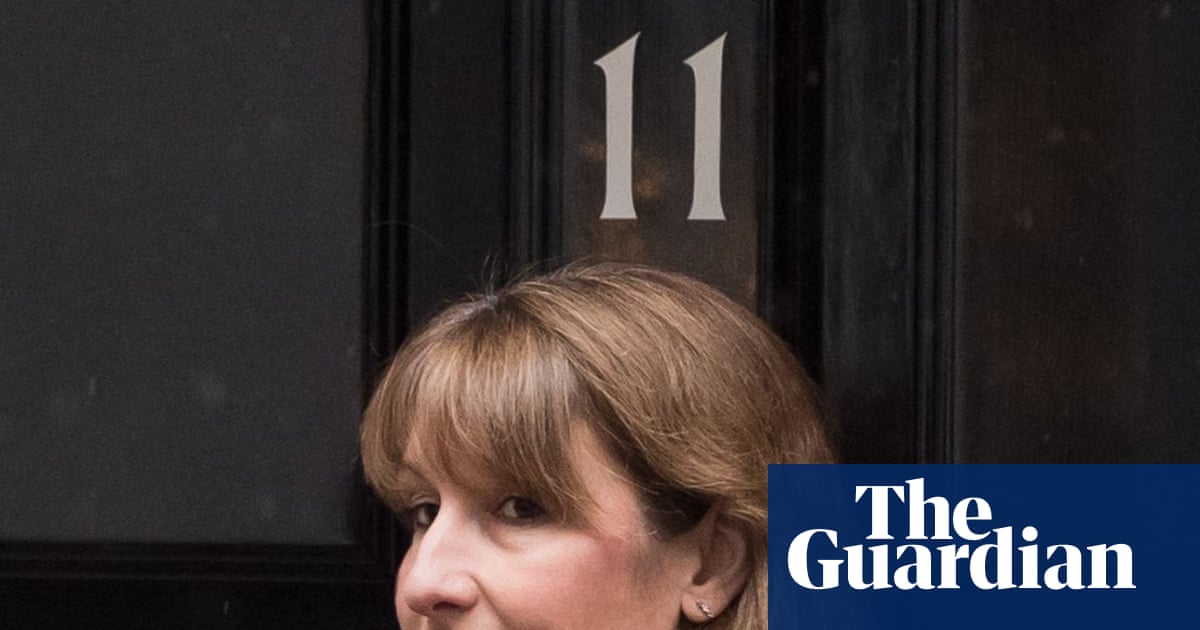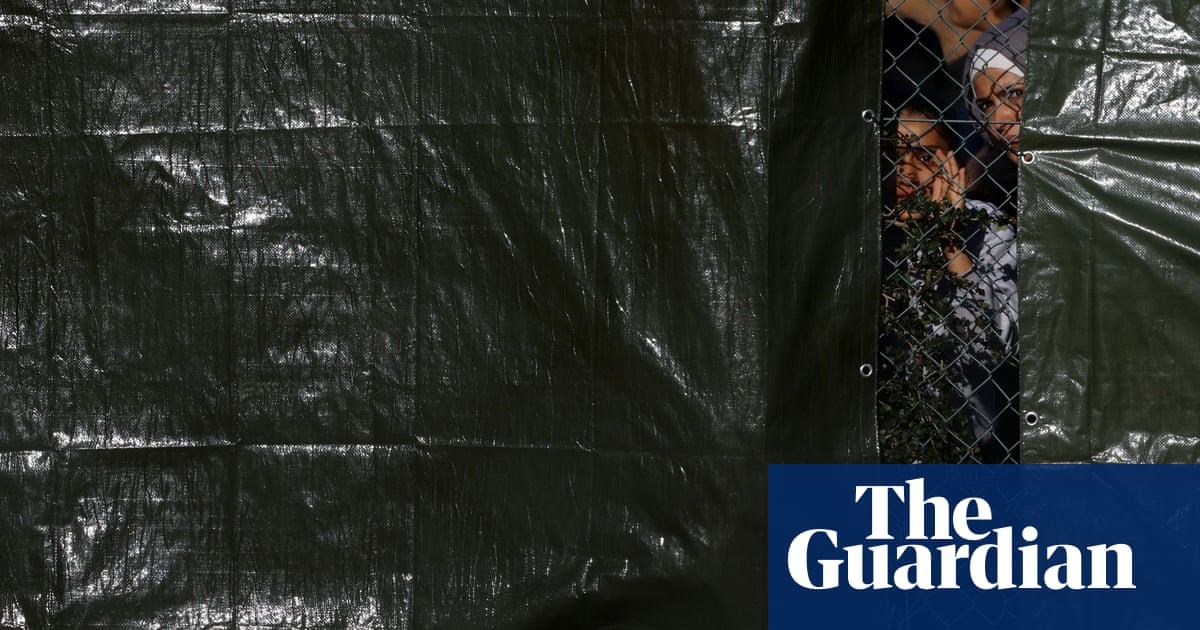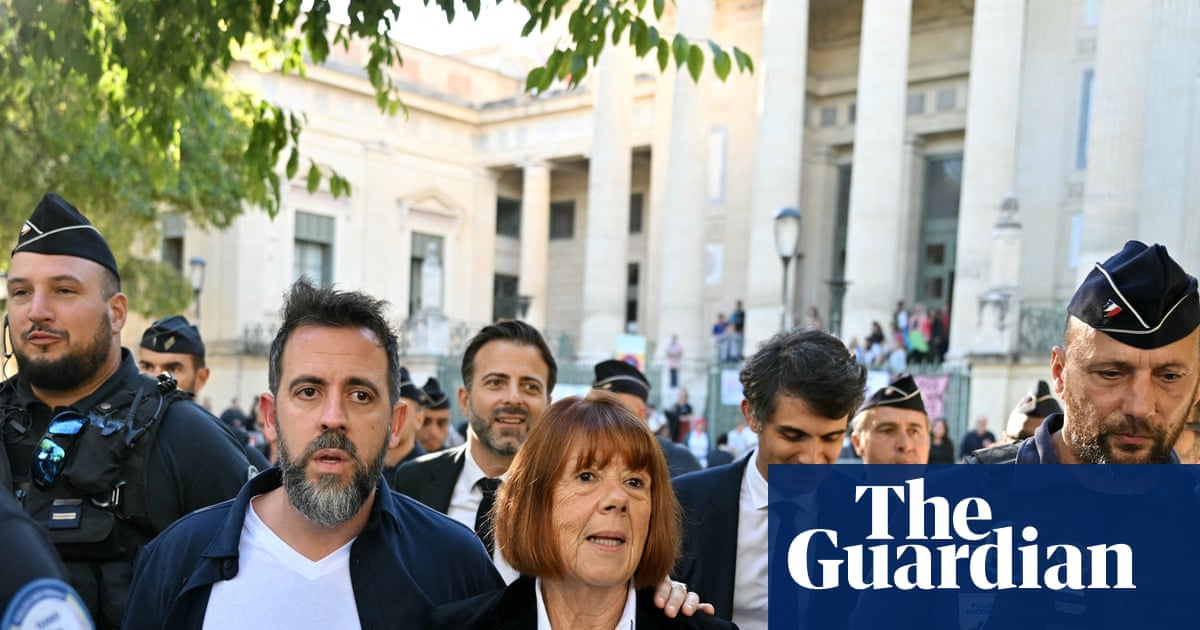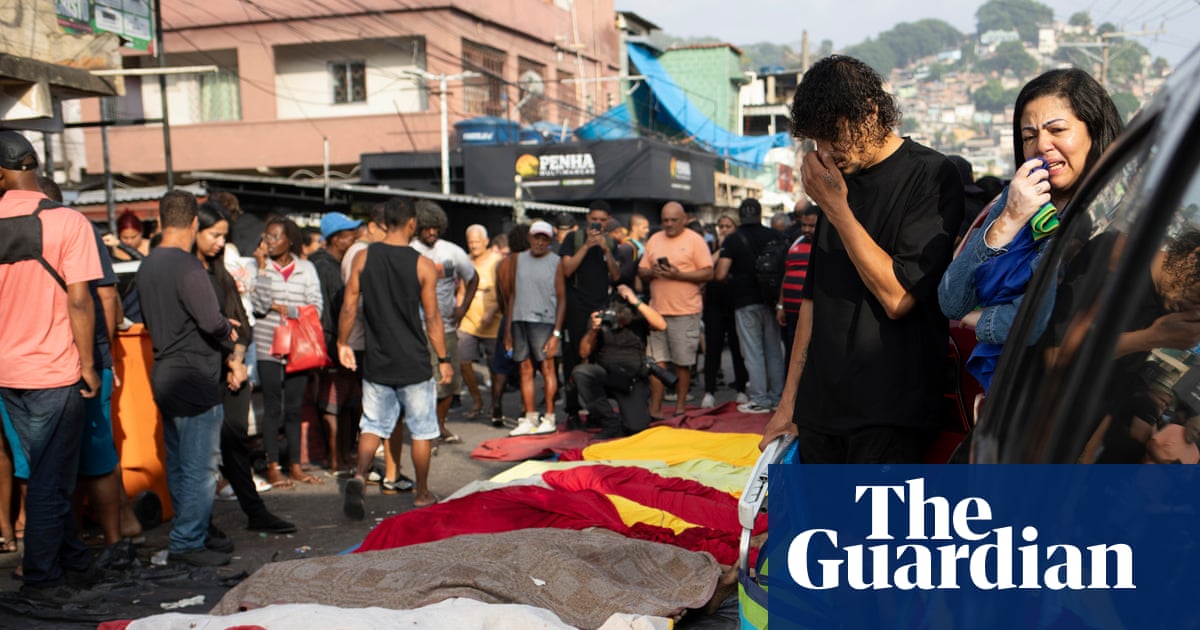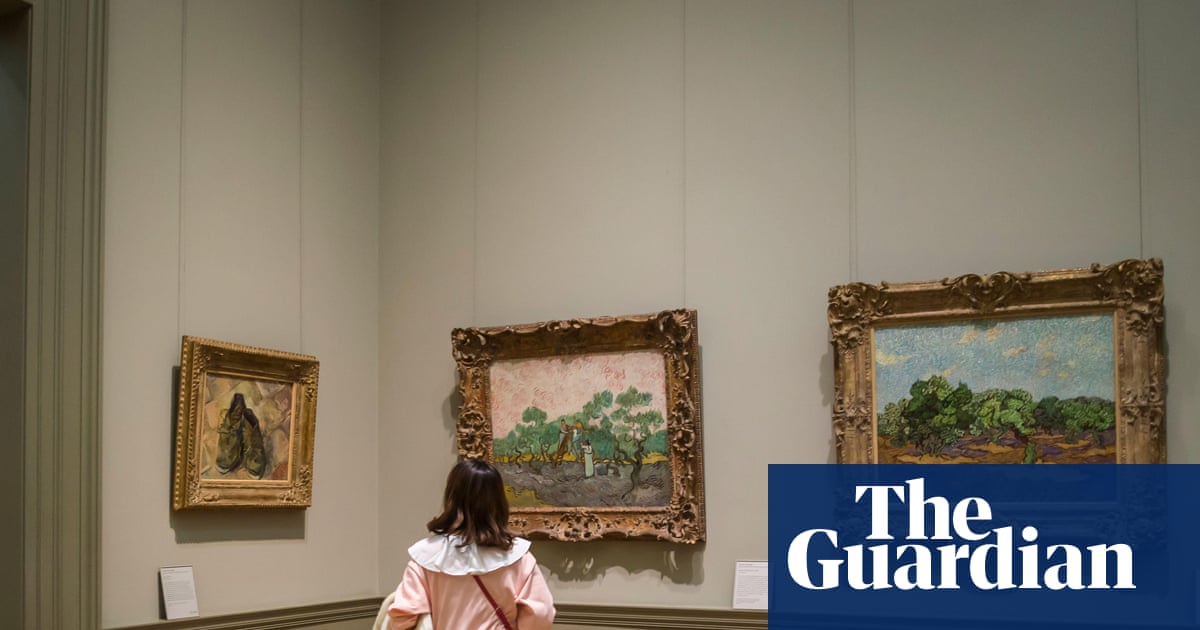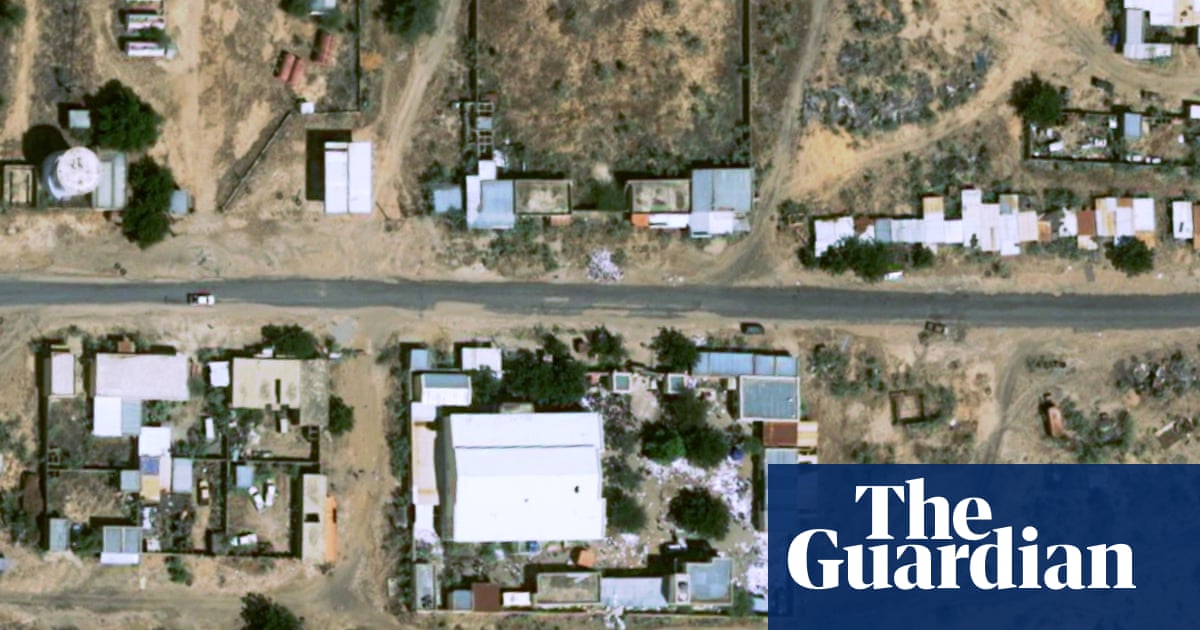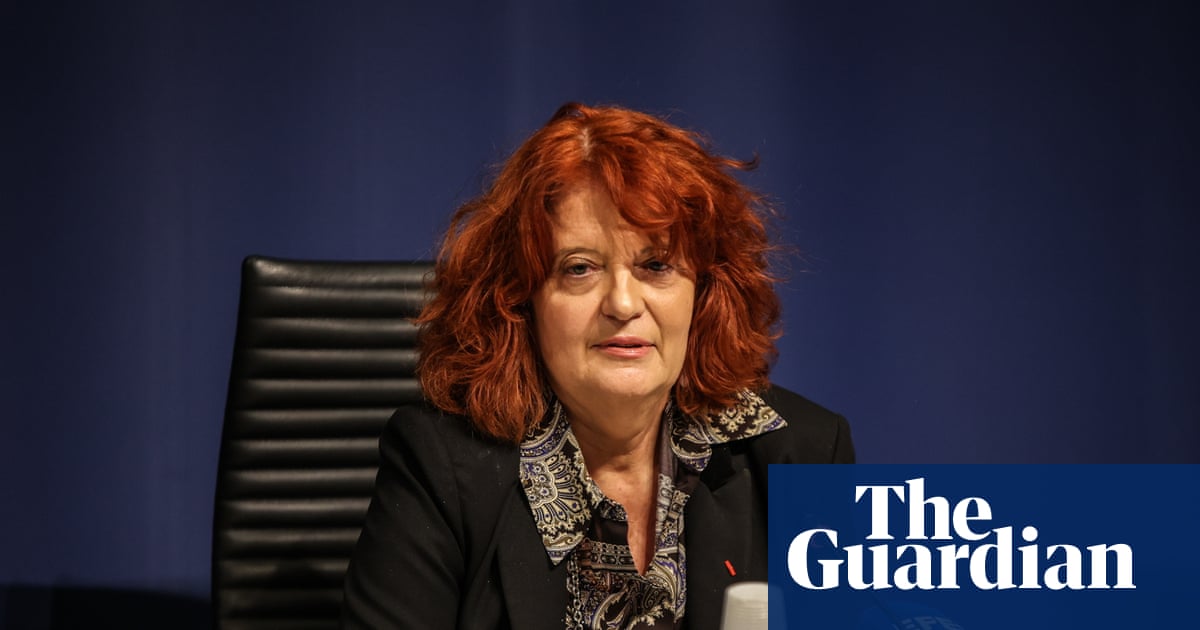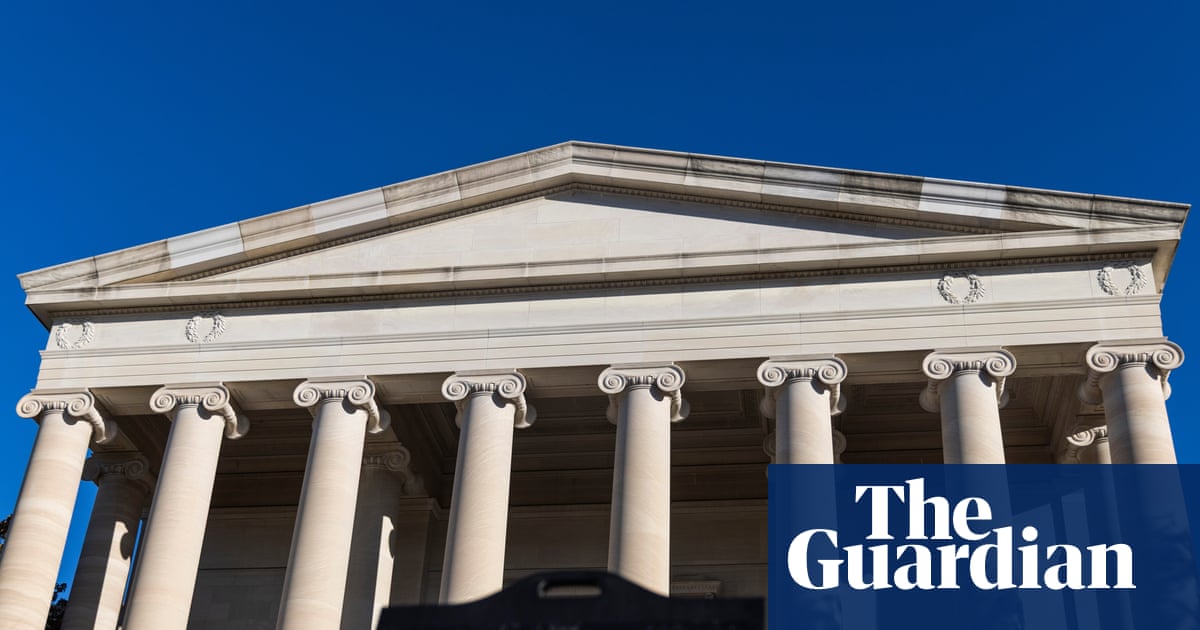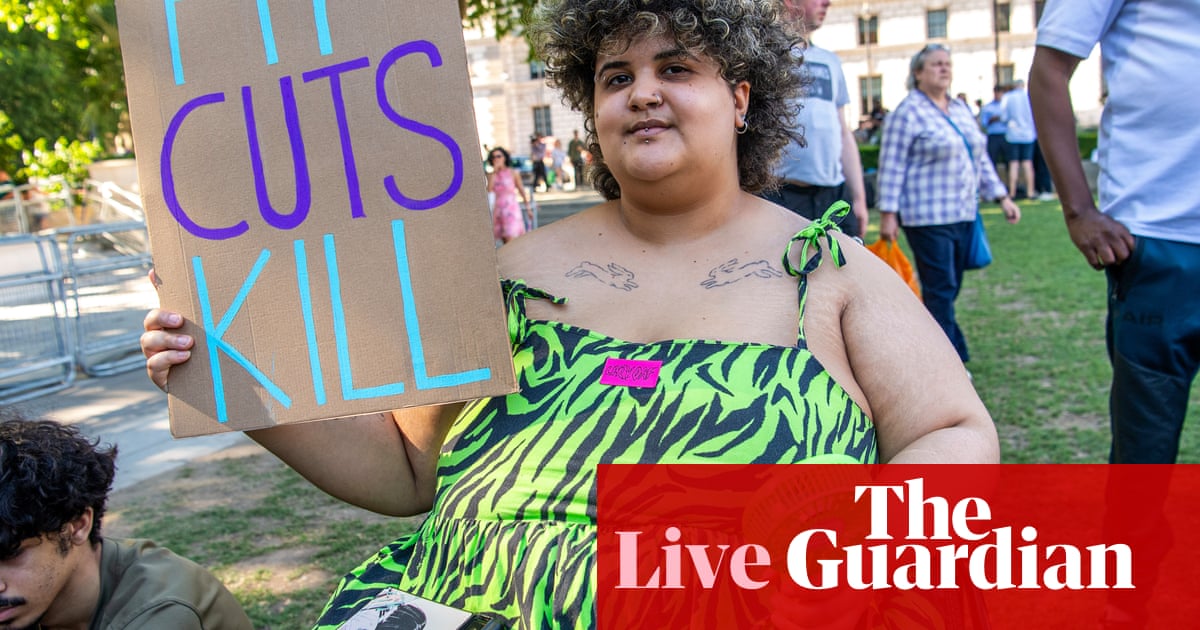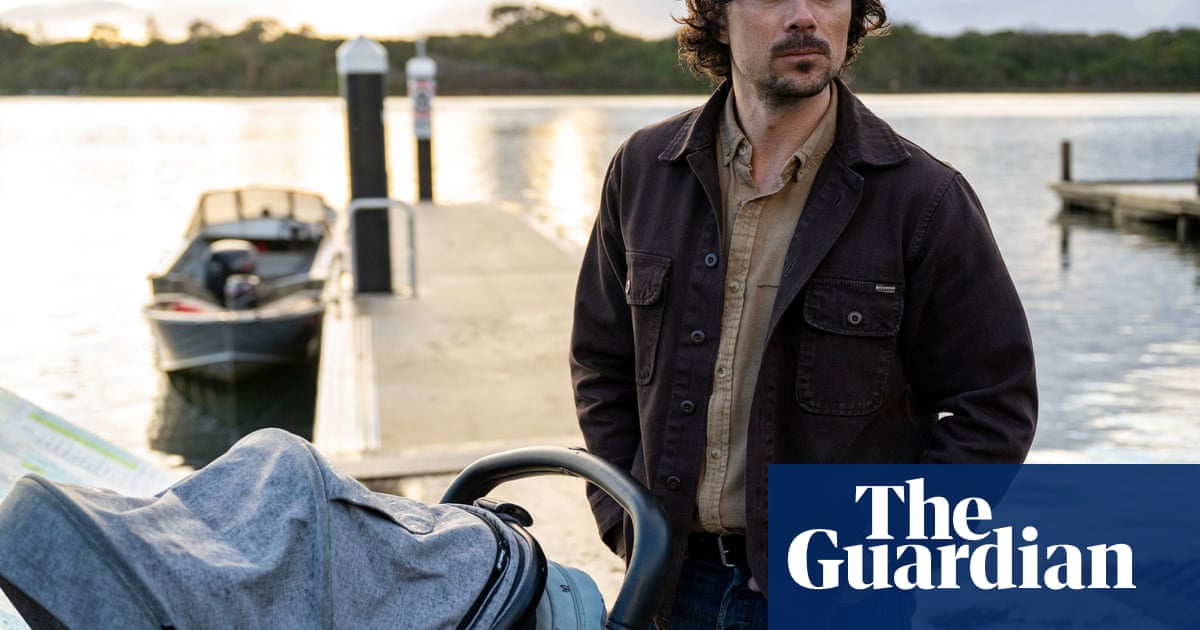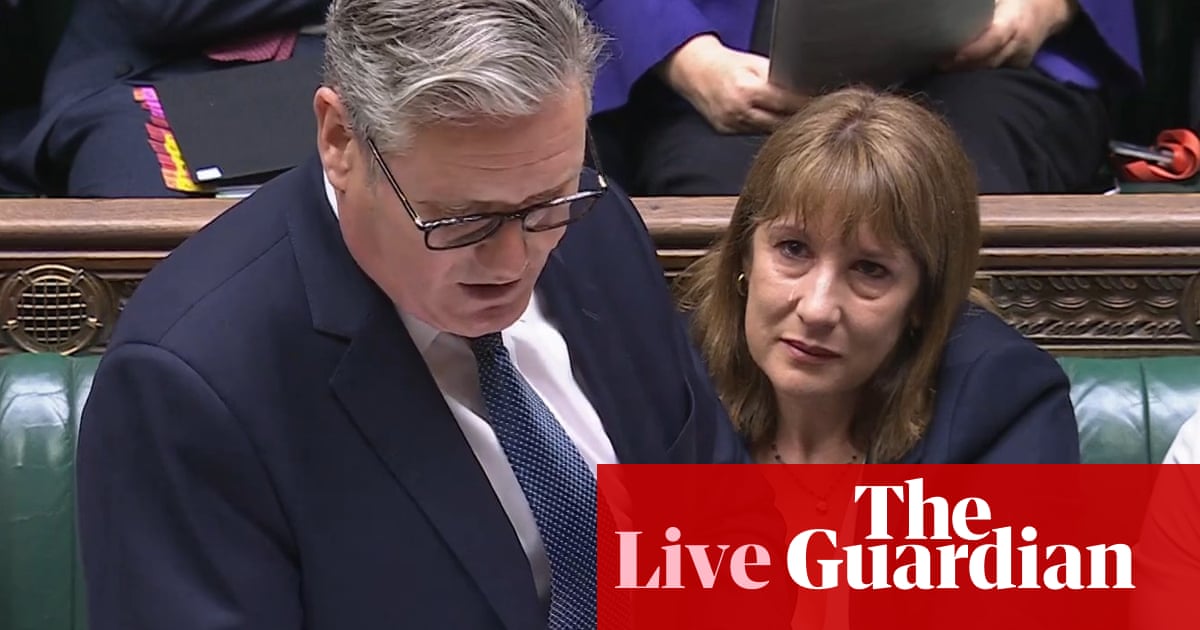Composer, pianist, performance artist and choreographer, Julius Eastman straddled New York’s uptown and downtown arts scenes for two decades before dying in obscurity in a Buffalo hospital in 1990. In recent years there’s been a steady resurgence of interest in him and his work – not just as a gay, Black composer, but as a significant musical personality whose maverick minimalist beats earned him a reputation for artistic confrontation.
This concert, part of US bass-baritone Davóne Tines’s Barbican residency, offered a snapshot of his eclectic output. Touch Him When, arranged here for electric guitar and performed with head-banging intensity by Jiji, explored Eastman’s belief in music as a performative art. Distortion pedals and reverb leant the music a doom-metal vibe as consonant and dissonant waves crashed and burned. At the opposite end of the spectrum was Piano 2, a tripartite work with a conventional, early-20th-century feel, presented with calm authority by pianist Conor Hanick.
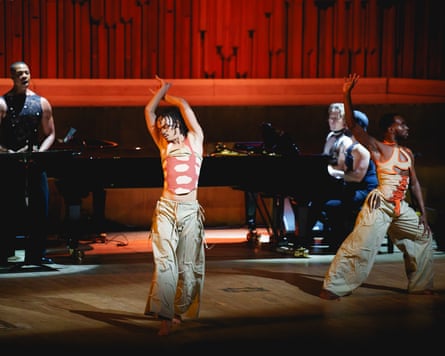
The Holy Presence of Joan d’Arc, composed for 10 cellos, featured chugging rhythms undercut by doleful phrases that rose and fell. Eastman clearly identified with the medieval warrior and defier of gender norms. The originally improvised prelude, where Joan’s spirit guides call on her to speak boldly, was intoned by Tines, his voice resonating like a fist in a velvet glove as he traversed the auditorium. Cellist Seth Parker Woods, who also curated the concert, played live against nine prerecorded lines. It was a fine performance, but how much more powerful might it have been with those nine other cellists?
Eastman’s music was often reworked for whatever forces he had available. Here, the iconic Gay Guerilla was arranged for three pianists at two pianos, cello, electric guitar and voice with two dancers and choreography by Kyle Marshall. Tolling chords built and shifted, gaining in harmonic complexity until, two-thirds of the way through, the music erupted with acerbic iterations of the Lutheran battle hymn Ein Feste Burg. Clad as timeless soldiers, Khalid Dunton and José Lapaz-Rodriguez hunted and circled each other in an increasingly sensual pas de deux as the lines between sleep and death, sex and combat became progressively blurred.

.png) 4 hours ago
4
4 hours ago
4
